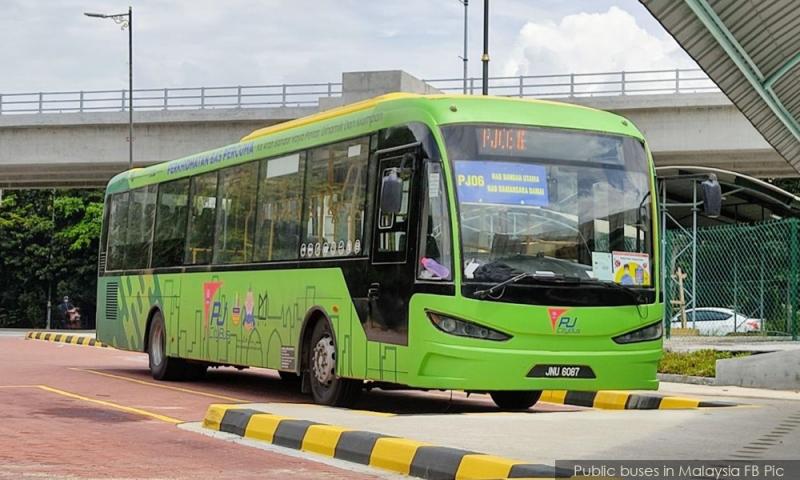LETTER | Glib assumptions on affordability
LETTER | I am writing in response to Stephen Ng’s letter dated Jan 4 entitled “The culture of free lunches must stop” and the news that the state government is imposing charges on non-citizen riders of the PJ City Bus.
I strongly disagree both with Ng’s view and that of the state government. I understand that the charge may be intended to alter the economics of the service, but it is simplistic in its assumptions and is unnecessarily discriminatory.
It is demonstrative of my observation that Malaysians have been increasingly viewing the make-up of our country through a narrowing lens, and this trend worries me greatly.
Take my mother, for example. Born in another country, upon marrying my father she moved to Malaysia 50 years ago. Because of laws forbidding dual citizenship, she became a permanent resident while retaining the citizenship of her country of birth.
In addition to making glib assumptions about affordability, the spirit of this charge is to treat my mother as a foreigner, and thus remove any entitlement to benefits afforded to citizens.
My mother has lived in Malaysia for the overwhelming majority of her life and has contributed significantly to Malaysia through the payment of taxes, civic involvement, and through her children.
The notion that she is worth nothing to the citizenry is not only laughable but also deeply insulting. Yet in recent years, we have seen more and more privileges of permanent residents withdrawn to the point where she now receives no greater benefits than a tourist.
Now retired, my mother should be enjoying the comforts that other retired Malaysians receive, having spent their working lives to achieve them.
Yet, after working as a teacher and educating some of our most prominent citizens over a long career, my mother cannot even buy a KTM senior’s train ticket. The cost to renew my mother’s driving license is also double mine (a recent change) simply because she has a red IC.
To accuse her of trying to get a “free lunch” when she wants to catch a bus, just like any other Malaysian, reflects our withdrawal into fear of “the foreigner”.
We need to learn from our neighbours that being engaged in the world through trade and diplomacy means embracing people from all walks of life. We are a cosmopolitan country, located at the enviable crossroads of Asia. How can we afford to be so fearful of people outside our own tribe?
Many countries treat permanent residents as their own, extending privileges (with the obvious exception of the vote) to people who make the momentous decision to call that country home. They enrich us all, and yet in Malaysia, we spurn them.
For this reason, I find the application of this charge, and Ng’s view, narrow-minded at best and xenophobic at worst. For a culture that is supposed to treasure our elders such as my mother, this especially dishonours us all.
The views expressed here are those of the author/contributor and do not necessarily represent the views of Malaysiakini.
RM12.50 / month
- Unlimited access to award-winning journalism
- Comment and share your opinions on all our articles
- Gift interesting stories to your friends
- Tax deductable
